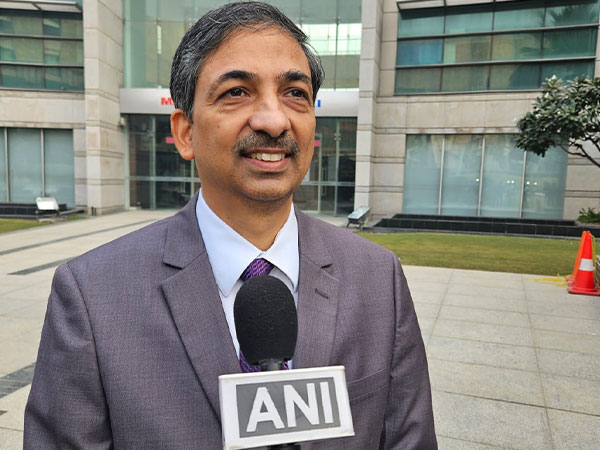Maruti Suzuki's Rail Revolution: Manesar Plant's Green Leap Forward
Maruti Suzuki's new railway siding in Manesar is set to transform vehicle logistics, eliminating 65,000 truck trips annually. At full capacity, the facility, spread over 46 acres, will dispatch 450,000 vehicles, generating significant environmental benefits by reducing emissions and conserving fuel.

- Country:
- India
Maruti Suzuki is poised to transform its vehicle logistics with a new railway siding at its Manesar plant, slated to eliminate around 65,000 truck trips annually. Senior Executive Director, Rahul Bharti, revealed that this development translates to 232 fewer daily truck journeys, based on 280 working days per year.
Speaking at the Manesar facility, Bharti detailed that the railway terminal will ship seven popular models, including Celerio, WagonR, SPresso, Dzire, Brezza, Ertiga, and XL6. Export vehicles will head to Pipavav and Mundra ports using the new infrastructure. Notably, this terminal stands as India's largest automobile GatiShakti Multi-Modal Cargo Terminal, with an annual dispatch capacity of 450,000 vehicles. The railway terminal, spanning 46 acres, includes a fully electrified 8.2-kilometer corridor with four tracks, an engine escape track, a two-floor station building, and extensive support facilities.
This project, in partnership with Haryana Orbital Rail Corporation Ltd, cost Rs 1,170.91 crore and follows Maruti Suzuki's initial venture at the Gujarat plant. Since 2014-15, the company has seen railway dispatch grow from 5% to 24.3% of total shipments by 2024-25. Last fiscal year, Maruti Suzuki dispatched a record 5.18 lakh vehicles via rail, reaching a total of 25 lakh since the strategy's inception. Operating over 40 flexi-deck rakes, the automaker serves more than 600 Indian cities through 21 hubs.
The environmental impact is profound, with the Manesar facility projected to avert 175,000 tonnes of CO2 emissions and conserve 60 million liters of fuel annually at full capacity. As Maruti Suzuki aims for 4 million units production by 2030-31, the company plans to raise railway usage to 35% of total dispatches within the next five to six years, underscoring a commitment to sustainable logistics.
(With inputs from agencies.)









